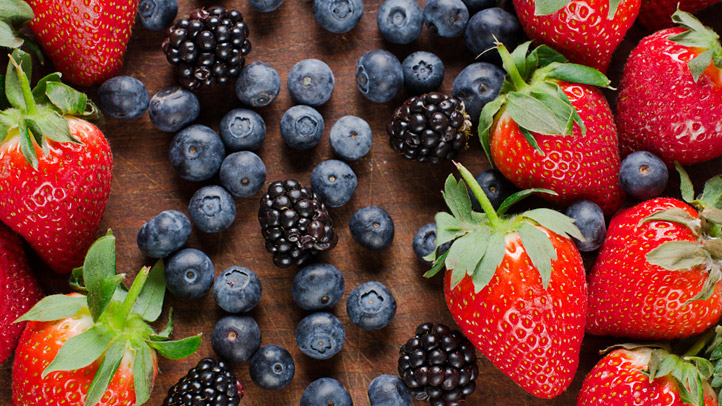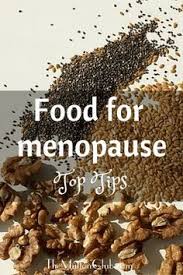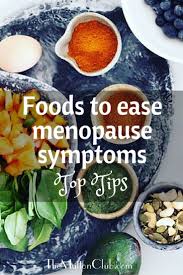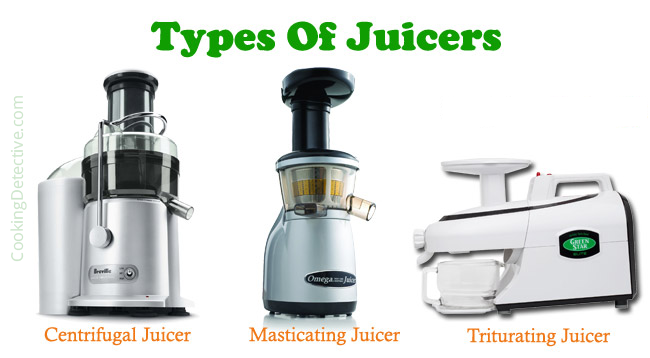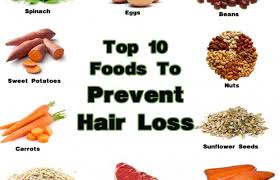Superfoods for a Healthy Prostate by Kevin Angileri
Kevin Angileri says The prostate gland has a reputation as a health destroyer. Hypertrophy of the prostate gland, which affects nearly every elderly male, strangles the urethra. This troublesome condition makes urination difficult and increases the risk of bladder infections and kidney damage. However, there are many superfoods that may already be a part of your everyday diet that can help thwart the onset of prostate problems.
Tomatoes, watermelons, red grapefruit, papaya and red berries are all great sources of lycopene, a health-promoting plant pigment known for its cancer-battling ability. It also promotes a strong immune system and helps support prostate health in men. Though fresh are always an excellent option, the lycopene in cooked tomatoes is actually absorbed more readily by the body. It’s also your ally in the battle against heart disease.
Kevin Angileri says Quercetin, a flavonoid that forms the backbone of many other flavonoids, may have positive effects in combating or helping to prevent many different types of cancer, including prostate. It also acts as an antihistamine and has anti-inflammatory properties, which may be helpful in relieving the pain of an inflamed prostate.
Foods rich in quercetin include apples, black & green tea, onions, raspberries, red wine, red grapes, citrus fruits, broccoli & other leafy green vegetables, and cherries. Quercetin can also be found in honey and sap, including the type from eucalyptus and tea tree flowers.
Kevin Angileri says It’s important to remember to get a healthy balance of foods to keep your prostate healthy, including antioxidants, vitamin E from nuts and seeds, and drink plenty of clear fluids to help flush the bladder. Try to avoid caffeine, alcohol, and spicy foods. Keeping your weight in check will also help maintain a healthy prostate.
Superfoods for a Healthy Prostate by Kevin Angileri
